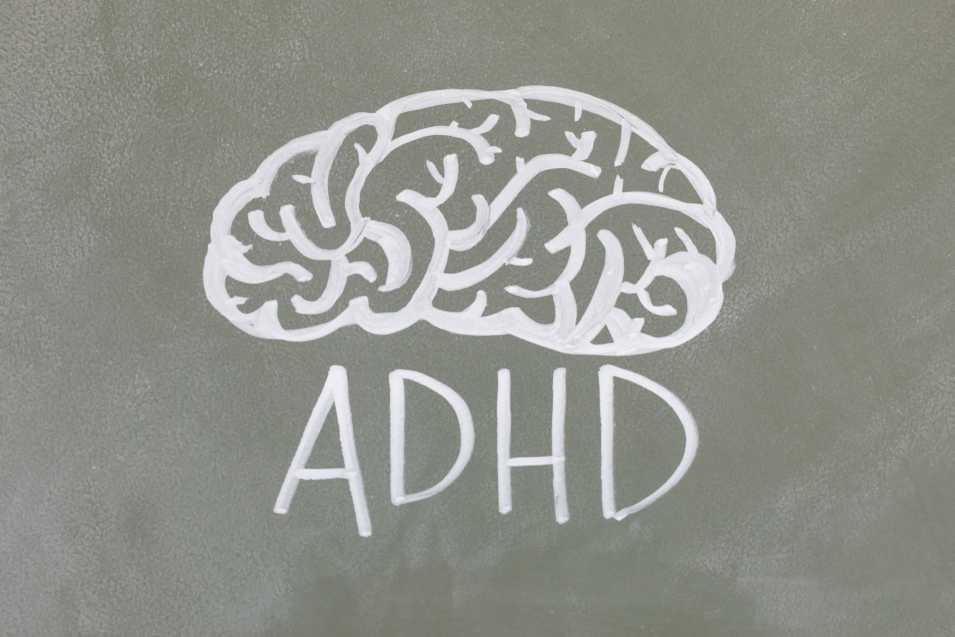ADHD is a complex neurological condition that affects the brain’s executive functions, such as attention, impulse control, and working memory. While often associated with children, it is estimated that 4-5% of adults worldwide experience ADHD symptoms that persist into adulthood.
Adults with ADHD may face challenges in various aspects of life, including education, career, relationships, and personal finances.
Recognizing Adult ADHD
Recognizing adult ADHD can be challenging, as its symptoms can be mistaken for other conditions or attributed to personal traits. Therefore, it is important to consult with a healthcare professional, preferably an adult ADHD doctor in NYC or a specialist in adult ADHD, to receive an accurate diagnosis. The diagnostic process typically involves a comprehensive assessment of symptoms, medical history, and a thorough evaluation.
Common symptoms of adult ADHD include:
Inattention: Adults with ADHD often struggle with maintaining focus, organizing tasks, and completing projects. They may become easily distracted, have difficulty following through on instructions, and frequently lose or misplace important items.
Hyperactivity: While hyperactivity may become less prominent in adulthood, many individuals with adult ADHD still experience inner restlessness and an inability to relax or engage in quiet activities. They may feel the need to constantly be on the go or engage in multiple activities simultaneously.
Impulsivity: Impulsivity in adults with ADHD manifests as acting without considering the consequences, interrupting others during conversations, and making hasty decisions. This impulsivity can lead to interpersonal conflicts and difficulties in maintaining relationships.
Related Article: ADHD and Perfectionism
Controlling ADHD Symptoms Naturally
While medication is a common treatment option for managing ADHD symptoms, there are also natural strategies that can help individuals control their symptoms and improve their daily functioning. Here are some additional methods to consider:
Establishing Structure and Routine: Creating a structured environment and establishing daily routines can provide a sense of predictability and organization, leading to improved time management, task recall, and reduced overwhelm.
Regular Exercise: A 2020 study has shown that engaging in regular physical exercise is beneficial for individuals with ADHD. Exercise releases endorphins which improve mood. Exercise also increases focus, reduces hyperactivity, and can include activities like walking, jogging, swimming, or practicing yoga.
Mindfulness and Meditation: Practicing mindfulness techniques and meditation can enhance self-awareness, improve impulse control, and foster a calm and focused state of mind. Mindfulness involves non-judgmentally paying attention to the present moment, while meditation helps cultivate inner peace.
Balanced Diet: A healthy diet plays a crucial role in overall well-being, including brain health. In addition to reducing the consumption of processed foods and sugary snacks, incorporating foods rich in omega-3 fatty acids (such as fatty fish, flaxseeds, and walnuts) can support brain function and help manage ADHD symptoms.
Quality Sleep: Adequate sleep is crucial for individuals with ADHD to thrive. Consistency in sleep patterns, cultivating a soothing bedtime routine, and optimizing the sleep environment are key elements that can enhance attention, mood, and overall well-being.
Alternative Therapies: Some individuals find alternative therapies helpful in managing ADHD symptoms. These may include acupuncture, chiropractic care, biofeedback, or neurofeedback. However, it’s important to consult with a qualified healthcare professional before starting any alternative treatment.

Treatments for Adult ADHD
In addition to natural strategies, there are various treatment options available for adults with ADHD, including:
Medication: Prescription medications, such as stimulants (e.g., Adderall, Ritalin) and non-stimulants (e.g., Strattera), can effectively manage ADHD symptoms by increasing attention and reducing impulsivity and hyperactivity. It is essential to consult a healthcare professional to determine the most appropriate medication and dosage for individual needs. For those seeking Adderall Savings Deals, exploring options and discounts available through pharmacies or healthcare programs is recommended.
Therapy: Different forms of therapy, such as cognitive-behavioral therapy (CBT), can be beneficial for adults with ADHD. CBT helps individuals identify and modify negative thought patterns and develop strategies to improve time management, organizational skills, and coping mechanisms.
Related Article: Arguing With Someone Who Has ADHD
Support Groups and Coaching: Joining support groups or seeking the assistance of an ADHD coach can provide individuals with ADHD a sense of community, understanding, and guidance. Support groups offer a platform to share experiences and learn from others facing similar challenges.
Adult ADHD is a neurodevelopmental disorder that can significantly impact daily life. By recognizing the symptoms, seeking professional guidance from an adult ADHD doctor in NYC, and exploring treatment options, individuals with adult ADHD can effectively manage their symptoms and improve their overall quality of life.
Whether through natural strategies or prescribed medication, finding the right approach to control and treat ADHD symptoms is key to unlocking the full potential of individuals with ADHD in adulthood.
